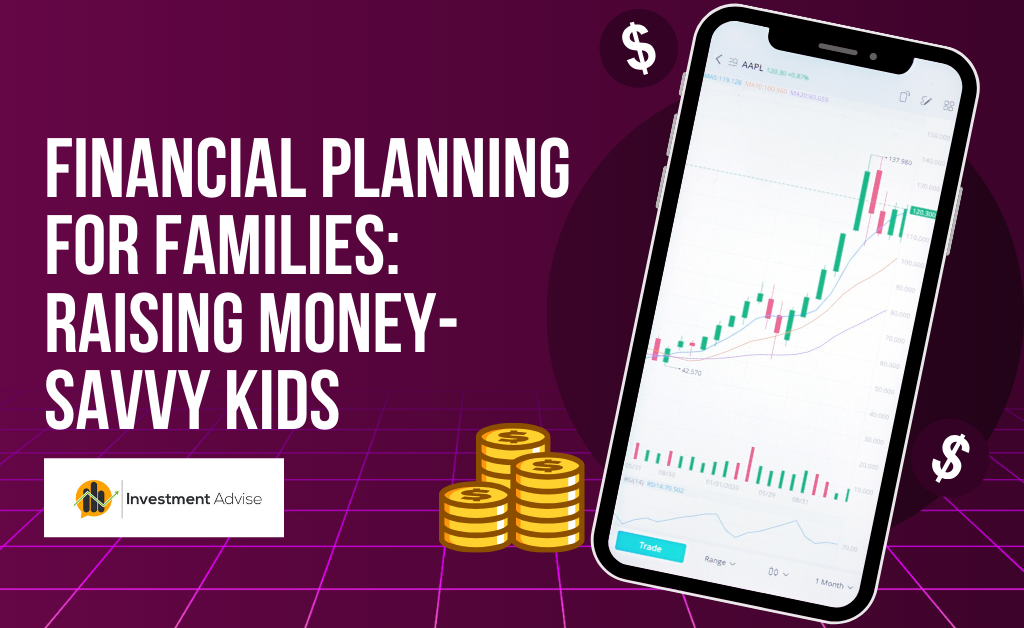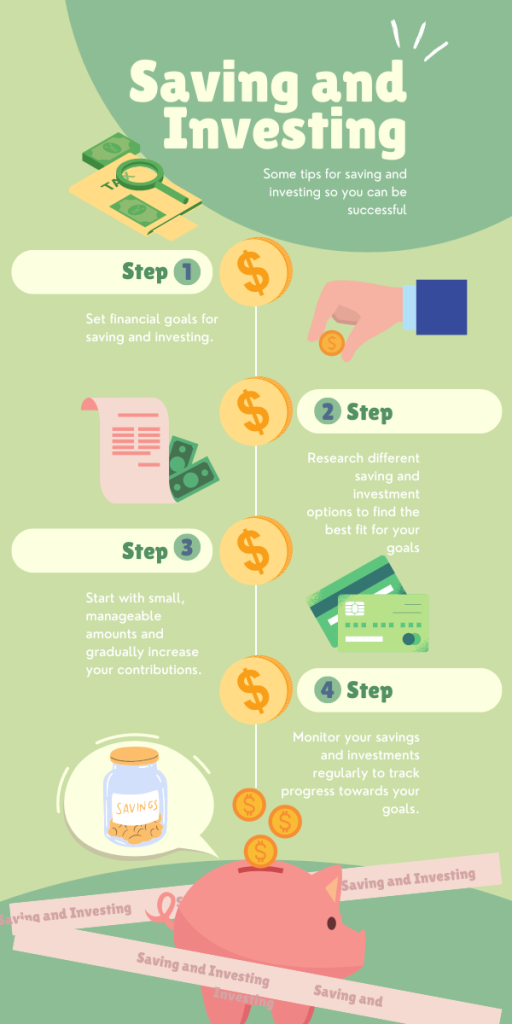Money matters. It’s a simple statement, yet its implications can be profound for relationships. Whether you’re just starting together or have been partners for years, how you handle money can significantly impact the health and happiness of your relationship. Open and honest communication about finances is often seen as taboo, but it’s an essential ingredient for a strong and enduring partnership.
Why is it so hard to talk about money?
Money is often intertwined with emotions, values, and personal experiences. It can be a sensitive topic, loaded with baggage from past relationships, family dynamics, or personal financial struggles. Fear of judgment, conflict, or vulnerability can make it difficult to initiate these conversations. However, avoiding these discussions can lead to resentment, misunderstandings, and ultimately, financial instability.
The Importance of Open Communication
- Builds Trust: Openly discussing finances demonstrates trust and vulnerability. It shows your partner that you value their opinion and are committed to building a financial future together.
- Aligns Goals: Couples who talk about money openly are more likely to have shared financial goals. Whether it’s buying a home, saving for retirement, or planning a family, open communication helps you work towards a common vision.
- Prevents Conflict: Ignoring financial issues can lead to hidden resentments and explosive arguments. By addressing money matters openly, you can prevent misunderstandings and create a healthier relationship dynamic.
- Enhances Decision-Making: Joint financial decisions are easier when both partners are involved in the process. Open communication ensures that both perspectives are considered, leading to more informed and balanced decisions.
Tips for Effective Money Conversations
- Choose the Right Time and Place: Find a quiet, distraction-free environment where you can talk without interruptions.
- Start with the Positives: Begin the conversation by acknowledging your partner’s strengths in managing money or expressing gratitude for their financial contributions.
- Active Listening: Give your partner your full attention. Avoid interrupting and try to understand their perspective without judgment.
- Use “I” Statements: Express your feelings and needs without blaming or accusing. For example, “I feel overwhelmed by our debt” instead of “You’re spending too much.”
- Set Ground Rules: Establish guidelines for respectful communication, such as avoiding criticism and staying focused on the issue at hand.
- Seek Professional Help: If money conversations consistently lead to conflict, consider seeking guidance from a financial advisor or couples therapist.
Creating a Shared Financial Plan
Once you’ve established open communication, it’s time to create a shared financial plan. This involves:
- Assessing Your Financial Situation: Honestly discuss your income, expenses, debts, and savings.
- Setting Shared Goals: Define short-term and long-term financial objectives.
- Creating a Budget: Develop a realistic budget that outlines your income and expenses.
- Dividing Responsibilities: Determine who will handle which financial tasks, such as bill paying, investing, or tracking expenses.
- Regular Review: Schedule regular financial check-ins to assess your progress and make necessary adjustments.
Remember, building a strong financial foundation takes time and effort. It’s important to be patient with yourself and your partner as you navigate this process. By prioritizing open communication and collaboration, you can create a financially secure and fulfilling relationship.
Conclusion
Talking about money with your partner is undoubtedly challenging, but it’s a crucial step towards building a strong and lasting relationship. By embracing open communication, setting shared goals, and creating a comprehensive financial plan, you can create a solid foundation for your financial future together. Remember, it’s not about perfection, but about progress.














